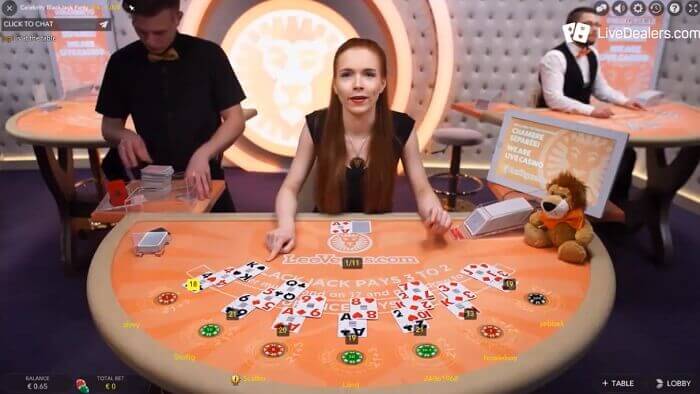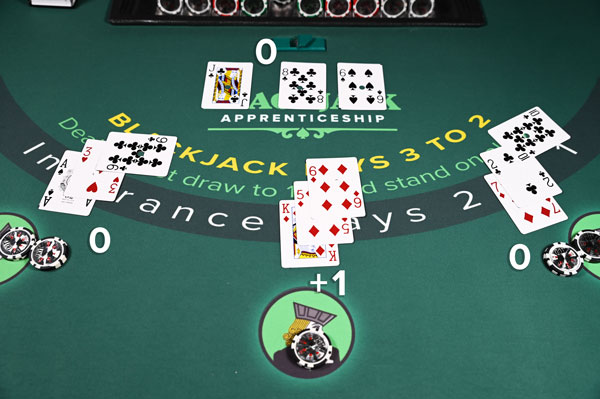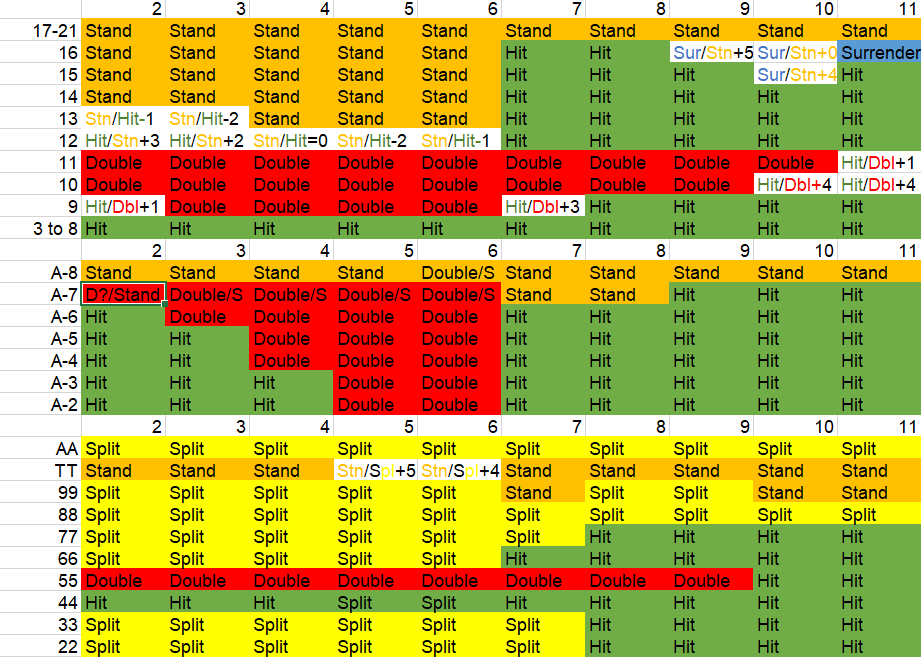BlackJack/ Dealing & Hosting Party
BlackJack/ Dealing & Hosting Party
So you’ve finished building a blackjack table and now you want to have some friends over to show it off. However, there are two problems, firstly you want to look like you know how to deal blackjack and secondly, gambling with friends and family can be a delicate situation and you want everyone to have a good time and not lose their shirts.
In this article, I will try to give some tips but I don’t think there’s one set way to deal blackjack. There are, however, some guidelines that should be followed.
Dealing
- Before starting, shuffle the cards. Have a player cut the deck by putting in a “cut” card into the deck. It shouldn’t be cut too close to either end of the deck. Next, put the cards into the shoe. At last, before you begin, discard the first card in the deck without looking at it. This is called the “burn” card and, for some reason, it’s always discarded without being used.
- Before dealing, make sure all players put a bet down in their betting circle. However, this can be a BIG problem in friendly games where people often forget to place their bets and then receive their cards. If this does happen, the person shouldn’t be allowed to place a bet after seeing their cards. Just play the hand with no bet.
- Deal from the dealer’s left to right (starting from the player to your far left).
- Deal one upcard to each following player, followed by a down card to the dealer. Then deal a second upcard to each player, followed by the dealer upcard.
- Make sure that the cards are laid out diagonally so that both numbers on each card are visible. This makes it easier for both the player and the dealer to read the cards.
- If the dealer’s upcard is an Ace, ask if anyone wants insurance.

Players may place a separate “insurance” bet. They are betting that the dealer HAS blackjack. It pays 2-to-1. So, if a player has a $10 bet on their hand, they could lose it all if the dealer has a blackjack. So, they can bet $5 on insurance and if they have blackjack, they could lose they’re original $10 but win $10 on the insurance bet. If the dealer doesn’t have blackjack, they lose the $5 but still might win the $10 bet.
Despite what is described above, insurance is actually a BAD bet (unless the player has been counting cards and knows that there’s a good chance of the down card being a 10). The bet pays put 2-to-1, but that’s slightly worse than having a 2-to-1 chance of the dealer having blackjack. Thus, the payout is worse than the odds.
- If the dealer has a 10 or Ace up, peek at the down card to see if the dealer has a blackjack. If so, every player who doesn’t have blackjack loses immediately and their bets are collected. The player who was dealt blackjack keeps their money – it’s a “push”.
- Starting with the player to the dealer’s left, play each hand until i is completed before moving on.
- If a player has a blackjack (and the dealer DOES NOT) pay the player 3/2 of their bet. If they bet $5, you pay them $7.50. If the dealer also has a blackjack, then it’s a “push” and nobody wins. They keep their money.
If the minimum bet is $1, make sure you have a 50-cent chip. This way you can pay $1.50 if they get a blackjack with the minimum bet. Of course, don’t allow them to place bets with a 50-cent chip. But, they can redeem two 50-cent chips for a $1 chip.
- Ask the player whether they want to hit, stand, double down, or surrender. If they have a pair, they can also choose to split.
- If they decide to hit, add another card in the same pattern as the above picture. If they’ve “busted” by going over 21, straight away collect their money and move on to the next player. Leave the cards on the table until all the other players are finished. If they didn’t bust, they may choose again.
- After taking a hit, a player can no longer split or double down. They can only choose to hit or stand.
- If a player stands, move on to the next following player.
- If a player decides to double down, they only receive one more card and then MUST stand. They must also double their bet by placing down a second bet behind their original bet. The card should be dealt sideways, like shown:

- If a player decides to surrender, they forfeit the hand but get to keep half their money. This can be a good strategy if the player is dealt 15 and the dealer has a 10-point card showing, for example. Collect half of their bet and leave their cards on the table.
- If a player decides to split, they must double their bet by placing a second bet next to the original bet. Separate their two cards in hand and then deal one card to the hand to the dealer’s left. Play this hand out completely before continuing to the second hand.
- Some casinos allow splits after splitting – this is entirely up to you.
- After all the players are finished, turn up your faced down card and push your cards to your RIGHT. Keep hitting by dealing cards towards your left until your total amount is 17 or higher. Do not overlap your cards as you do for the players, just deal them out next to each other in front of you, from right to left. The dealer does NOT get to choose how to play it. If their total amount is less than 17 they hit. If their total amount is 17 or higher, they stand.
- Pay off or collect from those players who didn’t bust or surrender (ie, those players whose money is still on the table.) Pay off from left to right, in the same order as the deal.
- A quick way to pay is to grab a stack of chips the same color as the stack that the player bet. Lay your stack of chips next to theirs and cut it off at the same height as theirs with a quick swipe of your fingers.
- Collect all the used cards (try to do it in one long motion if possible) and then place them all in the discard holder.
- Make sure that the players place their bets before beginning the next hand.
Hosting a Friendly Party
Here are some ideas for hosting a friendly blackjack party if your goal isn’t just to make money.
- Have everyone that is at the party (including you) buy their chips. All chips that are in play should be owned by someone. If someone ends up out of chips, they can always buy more from the “pot”. At the end of the night, everyone can then redeem their chips and take their money back from the pot.
- Keep a good eye on the money, keep track of it, and make sure that people pay the right amount for their chips! If the bank is short at the end of the night, you (as host) are likely going to end up covering for the difference. Plus, this situation can be quite unpleasant!
- If you’re going to be the dealer all night, then you don’t have to buy any chips. You can simply own all the chips at the party and sell them to people as they need chips. You are basically the bank and must finance all winnings and collect all losses incurred by the players. This option opens you up to bigger gains or losses, and also makes it logistically more difficult to let other people be the dealer.
- If you want to have different people to play the role of the dealer (which is often more fun,) then I recommend that you also buy your own chips from the “bank” and take any of the unpurchased chips out of play (and out of sight.)
- Since you’re the host of the game, you should start off as the dealer. This helps get everyone secure and, most importantly, establishes the ground rules for the game.
- Since you’ve already bought your own chips, remove all unpurchased chips from the table’s chip rack and just put your own chips in the rack. You’ll then use your own chips to finance the game.
- Before starting, make sure some of the important ground rules are made known to everyone. This avoids uncomfortable disputes. Important rules include:
- What’s the maximum bet? What’s the minimum? (I HIGHLY recommend enforcing a maximum. At every party, someone will inevitably push all of their chips into the betting circle and “let it ride.” If they win, the dealer has to finance this huge bet and if they lose the bet, they’re done for the night. Neither of the outcomes is good for the party.)
- Can you double down on all hands?
- Can you surrender?
- Can you split after splitting?
- When it’s someone else’s turn to deal, remove all of your chips from the rack and let them put in their chips into the rack. As dealers, they may want to buy more chips to finance the game. They can also sell the chips back when they’re done. They should make money while dealing, particularly if there’re several players at the table.
- Stay nearby and help the new dealer get comfortable with dealing. They may be a bit overwhelmed at first.
At the end of the night, have everyone sell their chips back to the bank (or back to you if you’re acting as the bank). Most importantly, have fun and be a generous host. It’s easy to make money with a blackjack table, but it is definitely not the best way to have fun with friends. Besides if you’re not keen to host a blackjack party, online casinos with great reviews are a good way to have some fun with friends without going through the trouble to set up the party.
To read more blackjack articles, click links below:



